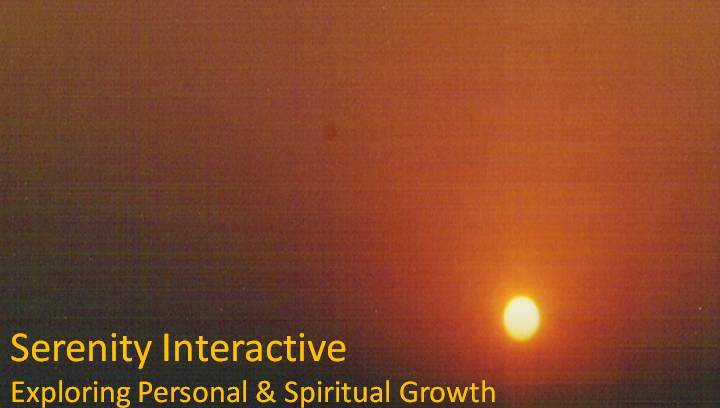"Avalue is a value when the value of the value is valuable to you." - Swami Dayananda
Universal Laws
Universal principles (or Dharmas in Sanskrit) that govern our lives, health, learning, relationships, and happiness are illustrated by the law of the farm. In a farm, we need to understand how nature works in order to work with it. We prepare the soil, sow the seeds, water the fields, and protect the plants. The rest is taken care of by nature.
The laws of ‘cause-and-effect’ determine what type of results we get for the efforts we put in. We cannot cheat in the farm, ignore the rules of farming and then expect to get the fruits without efforts. Stephen Covey speaks about aligning our lives by these universal natural principles.
Just as the compass always points out north, we have an inner guide or conscience and a rich collection of wisdom literature to guide us for sustainable and lasting results. Going against these principles is like ignoring the compass. If we miss our direction on the high seas by just one degree, we can end up in the Andaman Islands instead of Goa.
These principles apply to success and fulfilment in work and in relationships. As long as we lack self mastery, we cannot expect to get success in the external world. Personal victory is a prelude to the public victory. According to Swami Chinmayananda, you “master the mind to master the world.” This self mastery includes adherence to an ethical code that tells you to ‘do unto others as you would have others do unto you.’
The Relative Nature Of Values
While many of the values are a matter of personal choice or social structuring, ethical values are universal and apply uniformly to all human beings. No person wants to be hurt, robbed, lied to, or abused by others. Everyone expects affection, assistance in need, and inclusion from others. Ethics is the cement that binds relationships and society. Spirituality and Religions adds the element of after-life to makes ethics apply beyond our lifetime.
Though ethics are universal, they have to be relevant to the context and to the situation. Stress arises when we are confused about their interpretation. Value systems can range from the fanatical to the cynical. In fanatical ethics there are no exceptions to rules, while in cynical ethics, there are no rules!


